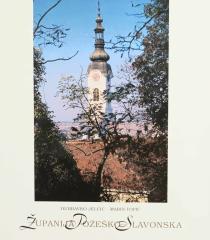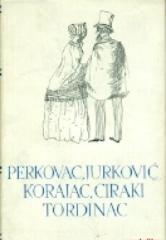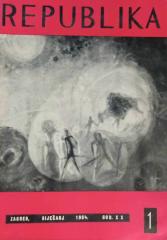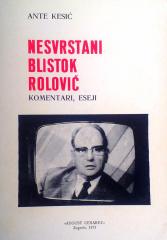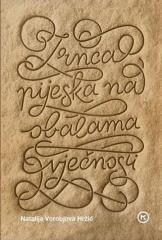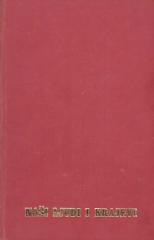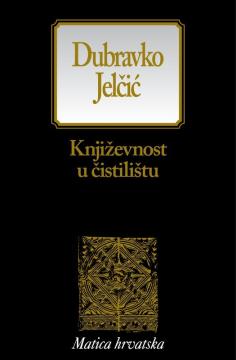
Književnost u čistilištu
Ovo su tekstovi kojima je autor namenjen da uvede temu deo hrvatske književnosti, odnosno oni pisci koji su ćutali jer, kako on sam kaže u Uvodu o grubom ideološkom i nacionalnom nasilju.
Treba uzeti u obzir kontekst nastajanja 35 književno-istorijskih članaka Dubravka Jelčića o hrvatskim piscima i njihovom stvaralaštvu kako bi se shvatila njihova glavna svrha: revizija tzv. bijelih mjesta hrvatske književnosti, odnosno upoznavanje nevoljenih, izopćenih i zaboravljenih pisaca čije je književno djelo bilo podvrgnuto grubom socijalnom ideološkom nasilju u Jugoslaviji. Akademik Dubravko Jelčić (Požega, 1930) nameravao je da preduzme takvu reviziju u vreme Hrvatskog proleća, ali nakon njegovog sloma nije bilo moguće objavljivati radove na tu temu. Ipak, Jelčić nije odustajao i nastavio je vredno da prikuplja podatke za materijal o piscima i delima koje je pokušao da vrati matičnom telu. Tako su nastale sveske sa hiljadama stranica rukom pisanih beležaka koje su tokom četvorogodišnje okupacije hrvatskih teritorija srpski pobunjenici potpuno opustošili u autorskoj hacijendi u Novom Selu na Kupi. Tekstovi štampani u ovoj knjizi nastali su na osnovu sećanja na te sveske.
Jedan primerak je u ponudi
